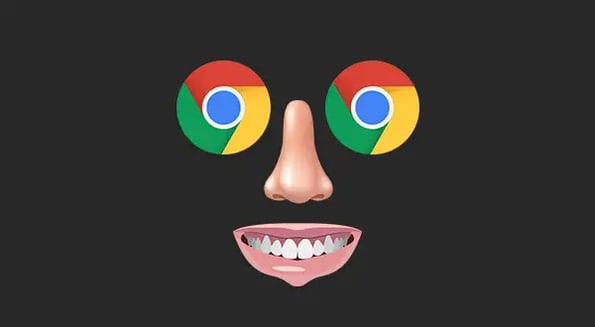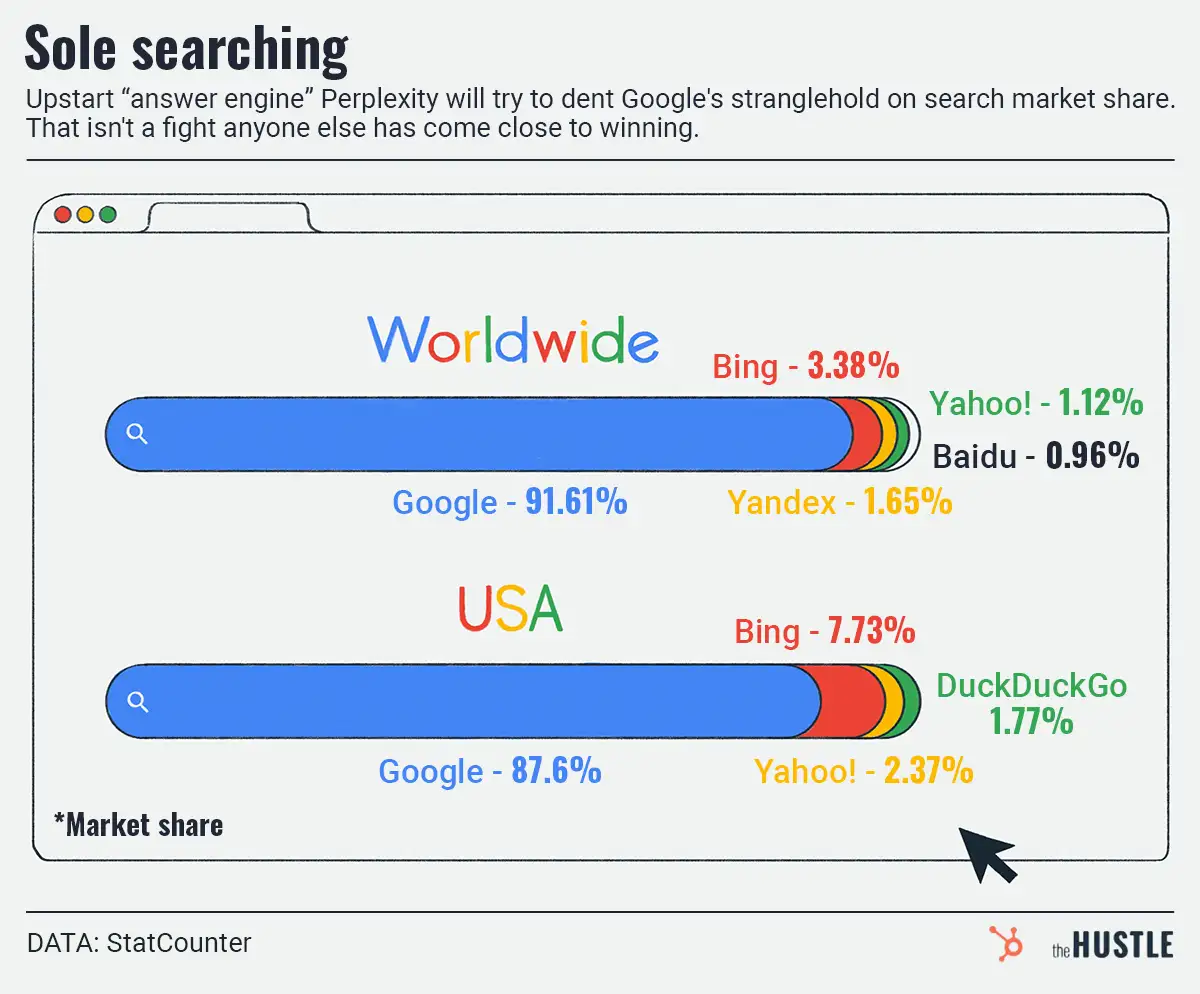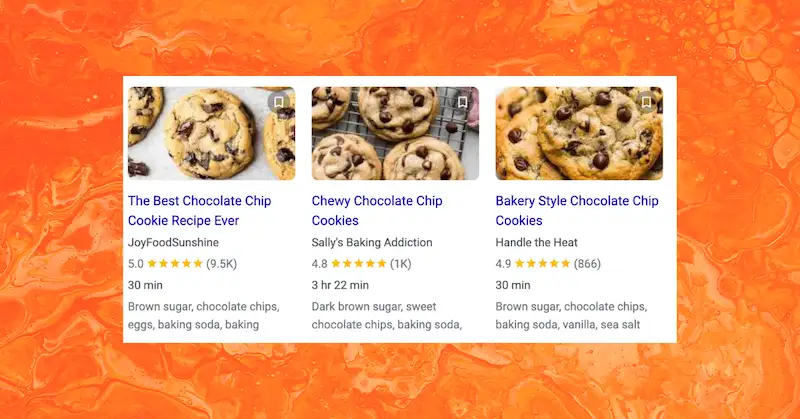When it launched in 2008, Google Chrome had .3% of web browser market share. Today, that figure hovers around ~70%.

Nira CEO Hiten Shah, attributes Chrome’s market dominance to treating the browser as a platform, not just a tool to view webpages. Now, it’s challengers are following suit.
Companies are making the browser a focus for a number of reasons
David Pierce at Protocol says 2 of the biggest are:
- Collaboration: Browser-first apps like Figma and Miro have shown how a web-based experience can foster collaboration better than desktop apps
- Crypto: Browsers are where crypto users access their wallets, and identity and security tools
Now challengers are thinking about browsers as operating systems, and optimizing for different benefits depending on the company. The key players include:
- Apple, which went all-in on customization in Safari with its OS Monterey update, including the ability to customize your start page, toolbar, and tab preferences.
- Microsoft, which recently made it even harder for Windows users to change their default browser from Edge by blocking apps like EdgeDeflector.
- Brave, which has always optimized for privacy, and recently doubled down on crypto by adding a native wallet where users can trade crypto and store NFTs.
- The Browser Company, a startup that’s reimagining browser UI to combat tab overload and increasing user productivity.
- Mighty, another startup that uses 10x less memory than Chrome, allowing users to load tabs way more quickly.
But there’s a catch…
… all of the challengers except Safari are built on Chromium, Google’s open-source browser codebase — which raises the question: Can anyone build a better Chrome than Chrome?
While Apple commands a respectable ~19% market share, and Microsoft may be able to use lock-in to force users onto Edge, the bar for browser startups has never been higher.
In such a crowded market, .3% market share doesn’t sound so bad.










